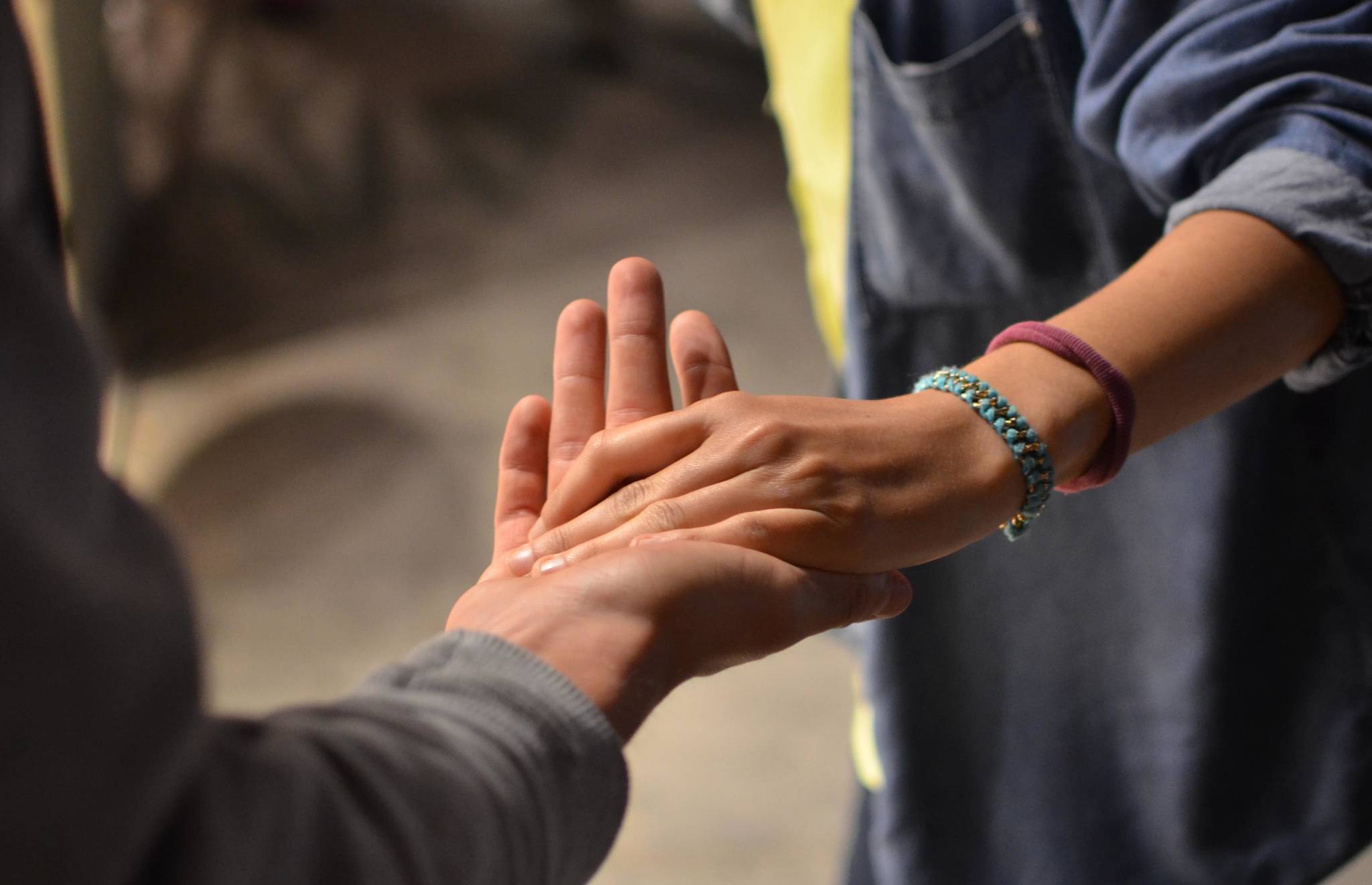We should respond to the coronavirus pandemic “Not out of fear but out of compassion,” City Manager Rorie Watt calmly suggested at Monday’s special assembly meeting on that subject, “so that somebody in a vulnerable situation doesn’t get sick. The power of compassion and altruism is a much better guide for our motivation than fear.”
That’s the principle which informed my family’s decision to cancel our mother’s 90th birthday party. And now, it looks like the cruise industry may start doing the same.
More than 100 people were planning to attend the party next weekend, including several family members and friends flying in from three different states. It was going to be held at the independent living facility in Colorado where she lives. Most of its residents are in their late 70s or older.
My six siblings and I made the decision to cancel it without consulting her. She was very disappointed but understood our reasoning. Because some people could be infected with the virus while exhibiting no symptoms, we didn’t want to unknowingly be putting vulnerable residents at risk
Had we not reached that conclusion though, it’s likely the decision would have been made for us.
The same day the American Health Care Association and the National Center for Assisted Living recommended that nursing homes and assisted living centers curtail all social visits. The mangers of her complex will probably give similar advice to their residents.
It would be a greater precaution than what’s normally done during the flu season. One reason might be that two-thirds of adults 65 and over annually try to protect themselves by getting a flu shot. That percentage increases in communal living environments and as the age cohort goes up.
And as Tom Bossert noted in the Washington Post on Monday, a vaccination for this virus is “over a year away.” Bossert, who served as the Homeland Security Adviser to President Donald Trump, believes we’re facing a serious threat because “not enough people are being tested. … By the time cases are confirmed, significant community transmission has likely already occurred.”
He emphasized the situation in Italy where there had been only three known cases between Jan. 31 and Feb. 20.
The next day that number had jumped to 20. Since then, it’s climbed exponentially to over 15,000. And more than a thousand people have died.
The responses by Hong Kong and Singapore is what he recommends we follow. Isolation, quarantines and canceled gatherings were part of their strategy that helped limit the spread to “a reproduction number close to one” Bossert wrote. “What they are doing is working.”
That’s why many large conferences and cultural events around the world are either be canceled or rescheduled to a later date. Why schools have been closed in dozens of districts across the country. And why universities from Washington state to Florida and New York are holding all classrooms online.
And why on Monday, the U.S. State Department issued an advisory that “older adults and travelers with underlying health issues” should avoid crowded places, long non-essential flights and cruise ships.
As of Thursday morning, at least one cruise line recognized a ship full of tourists is an unnecessary large gathering. Acting “in an abundance of caution” Princess Cruises announced it suspending operations until May 10.
Community concerns about the industry was the focus of the second part of the special assembly meeting Monday night. Much of it related to the decision by Holland America to keep the Westerdam and its crew docked in Juneau for three weeks. From my perspective, that situation is under control.
But as Watt meticulously explained, although readiness planning for the start of the tourist season is ongoing, there’s still too much uncertainty about the virus for the community to be sure we’ll be ready for the first cruise ship arrival on April 24.
Only one of the twelve ships scheduled to visit Juneau between then and May 10th belongs to Princess Cruises.
Even if a lot of tourists cancel, it’s impossible for the others to guarantee they’ll have no infected passengers or crewmembers on board. And unless they follow Princess Cruises’ lead, we may be faced with balancing compassion for Juneau’s vulnerable population with real concerns about economic losses.
• Rich Moniak is a Juneau resident and retired civil engineer with more than 25 years of experience working in the public sector. My Turns and Letters to the Editor represent the view of the author, not the view of the Juneau Empire.

